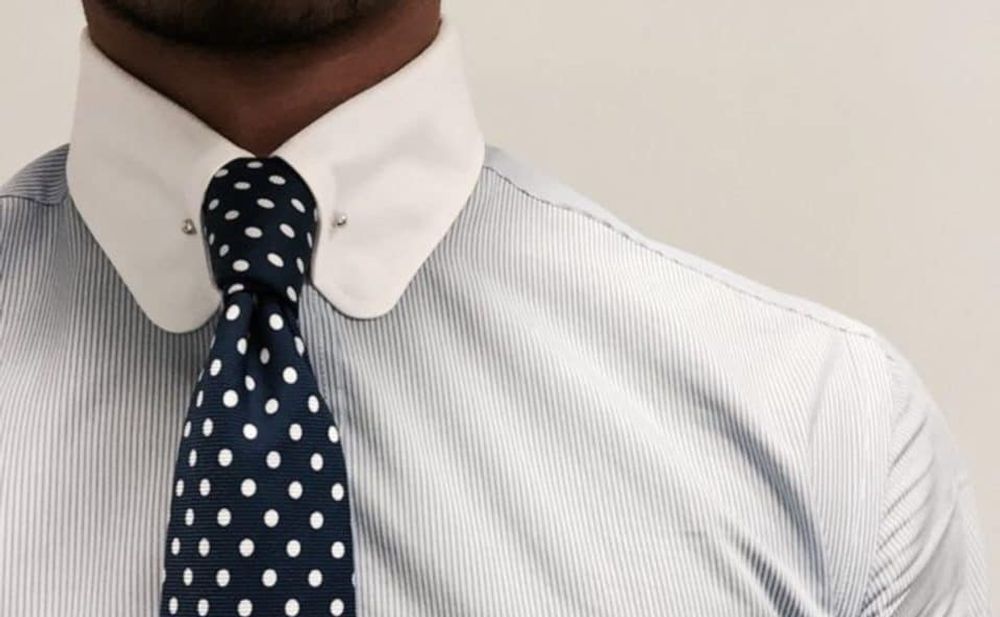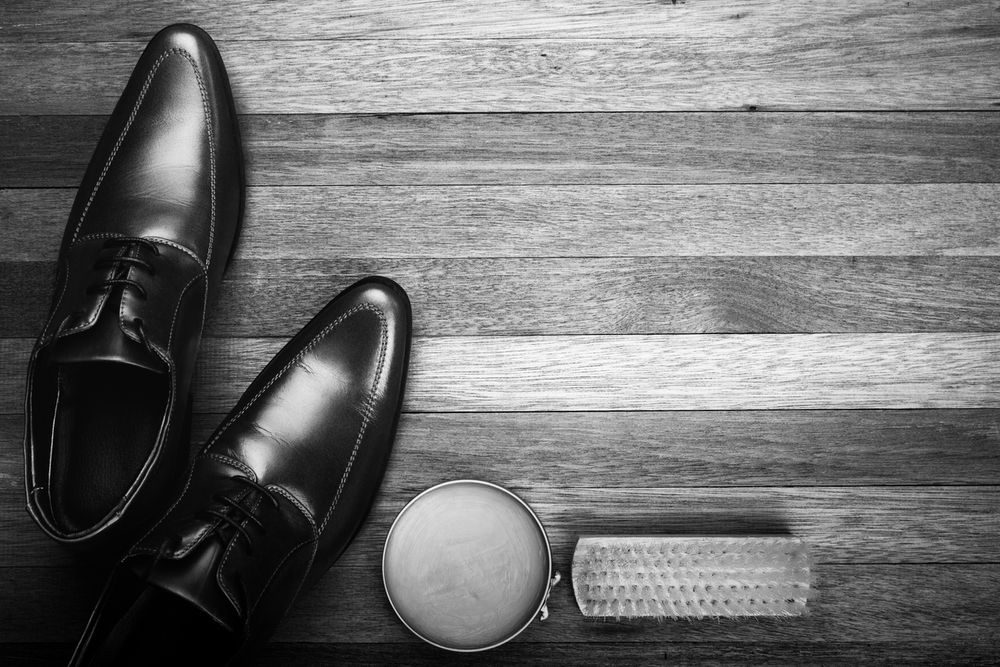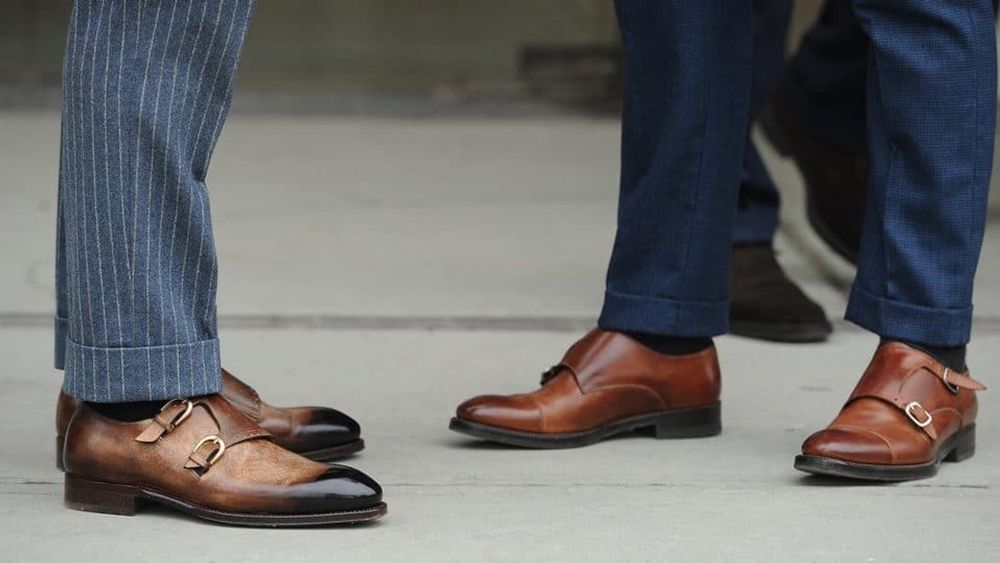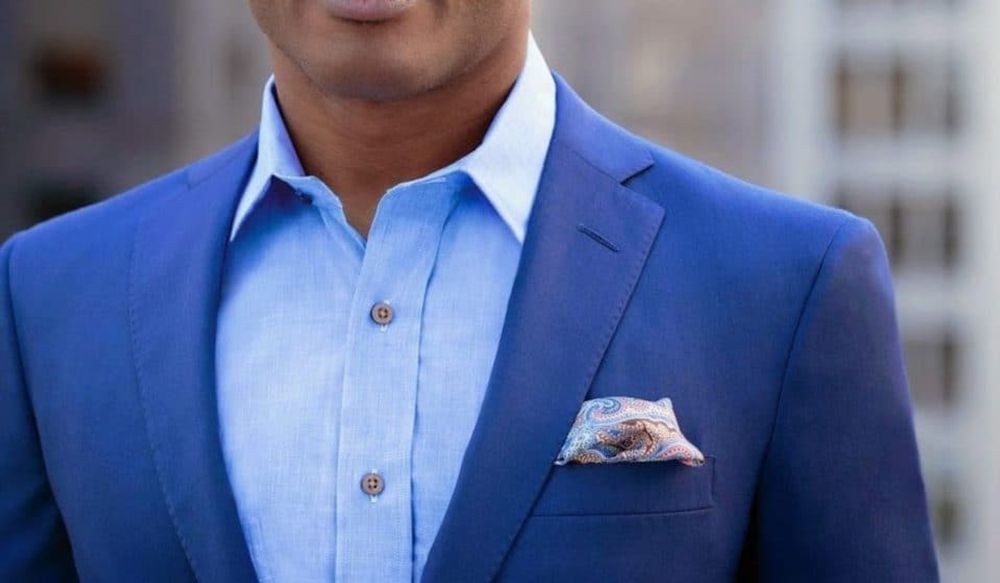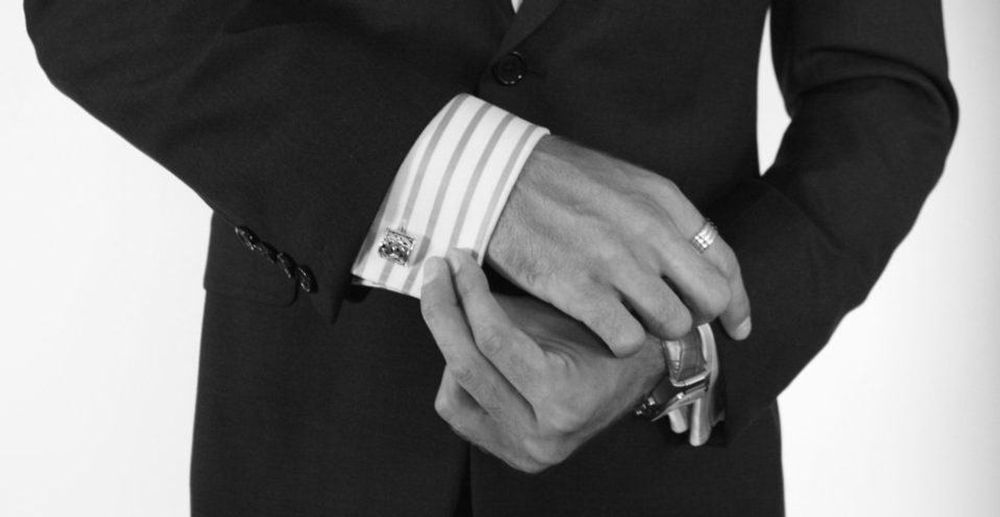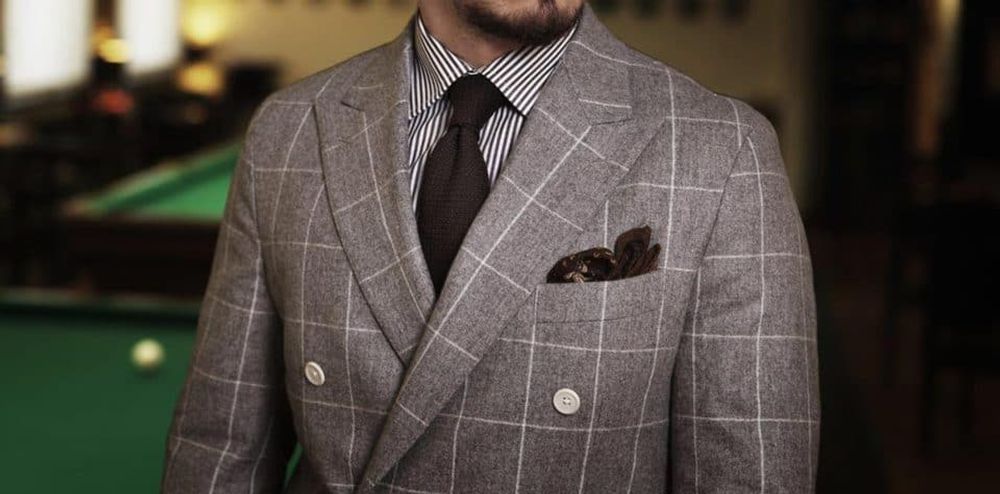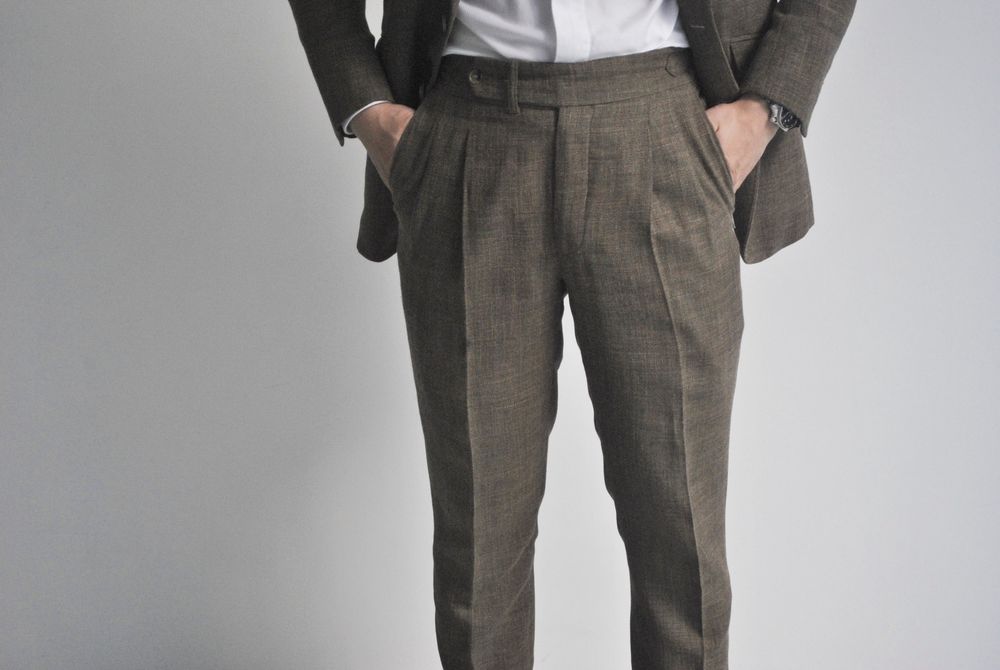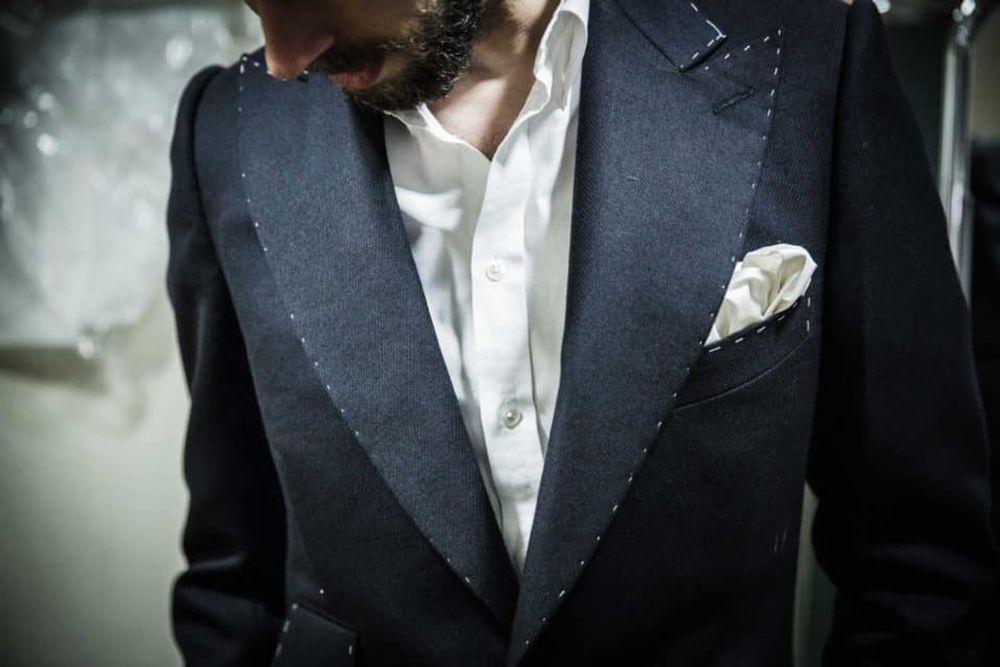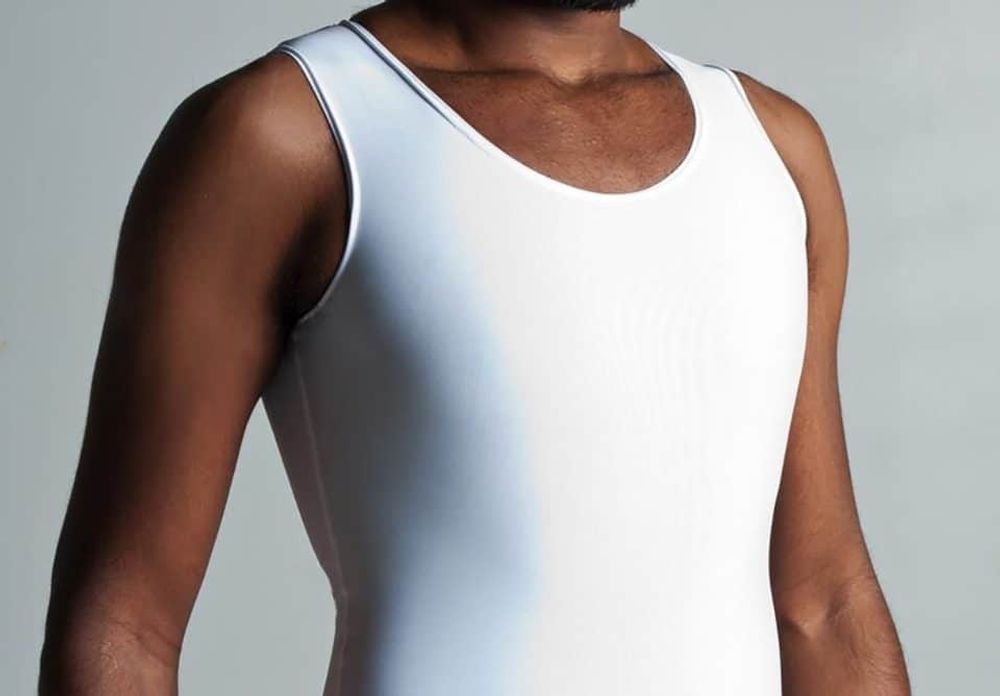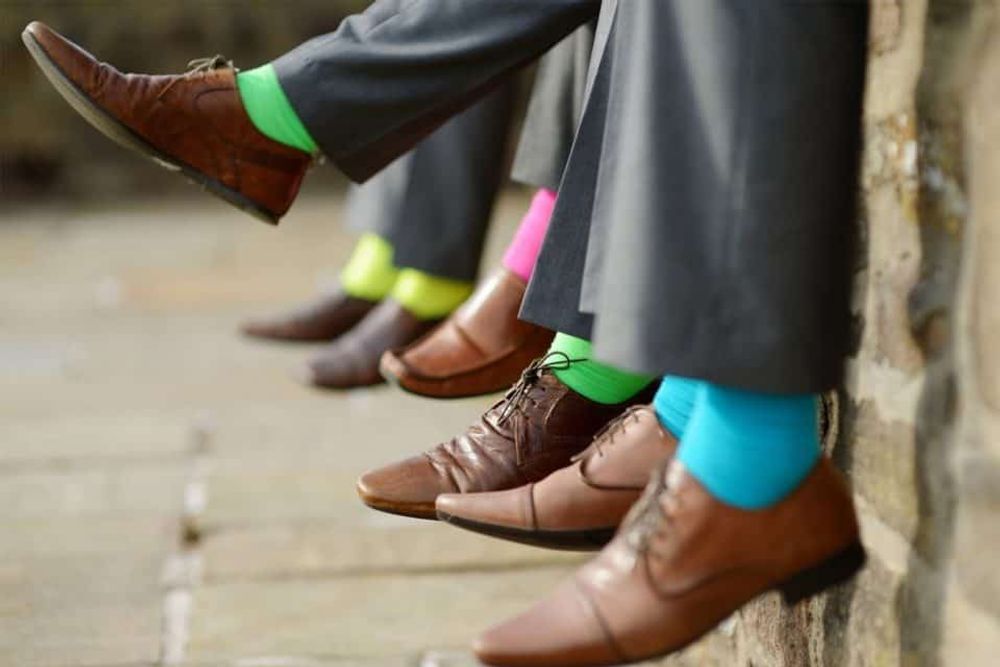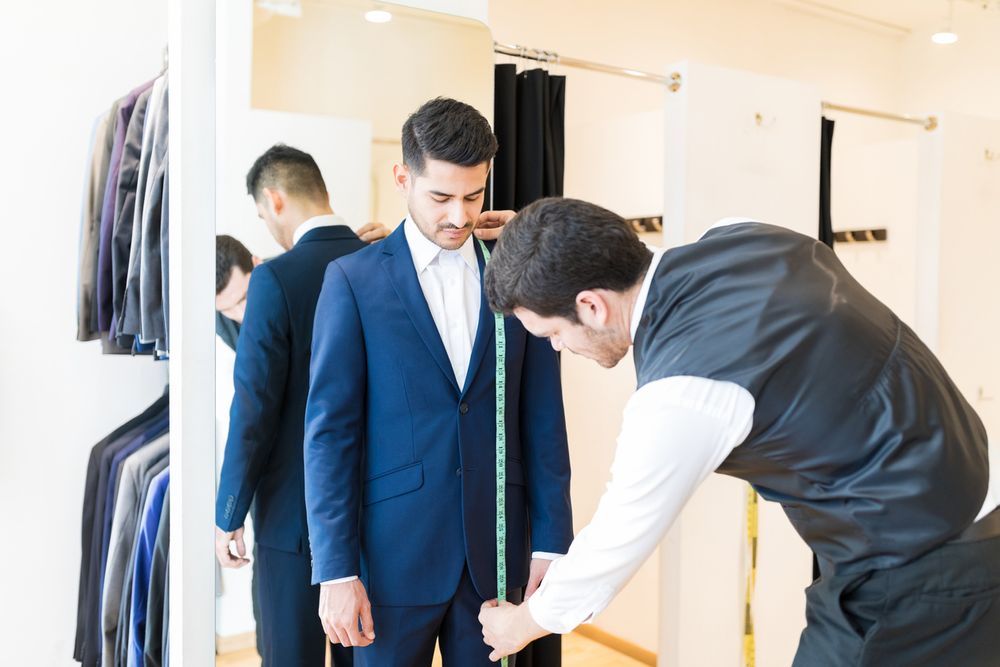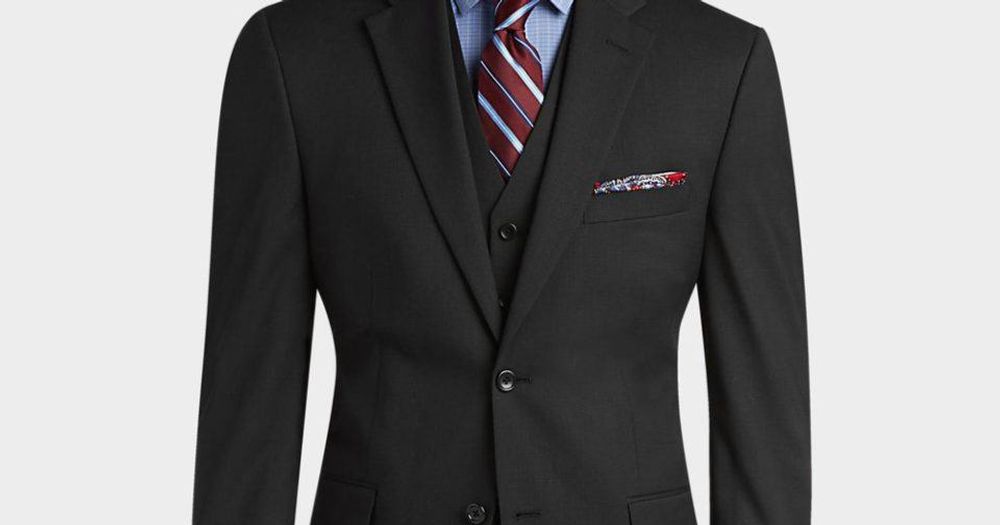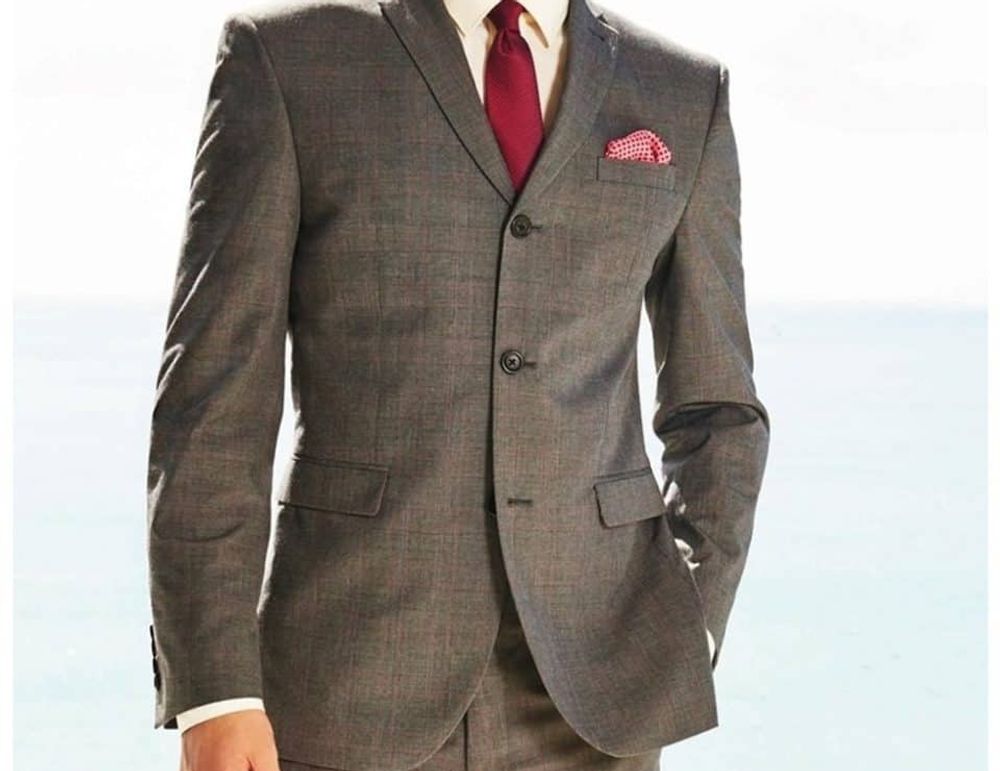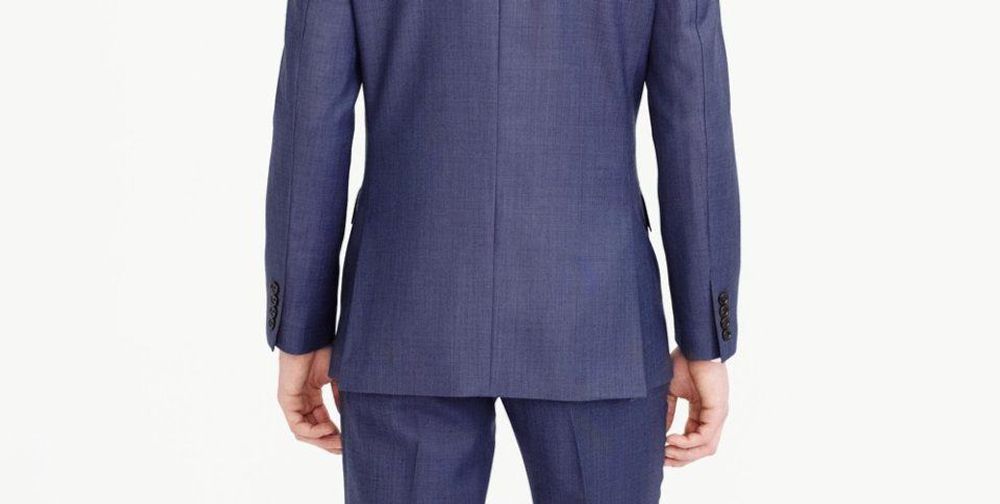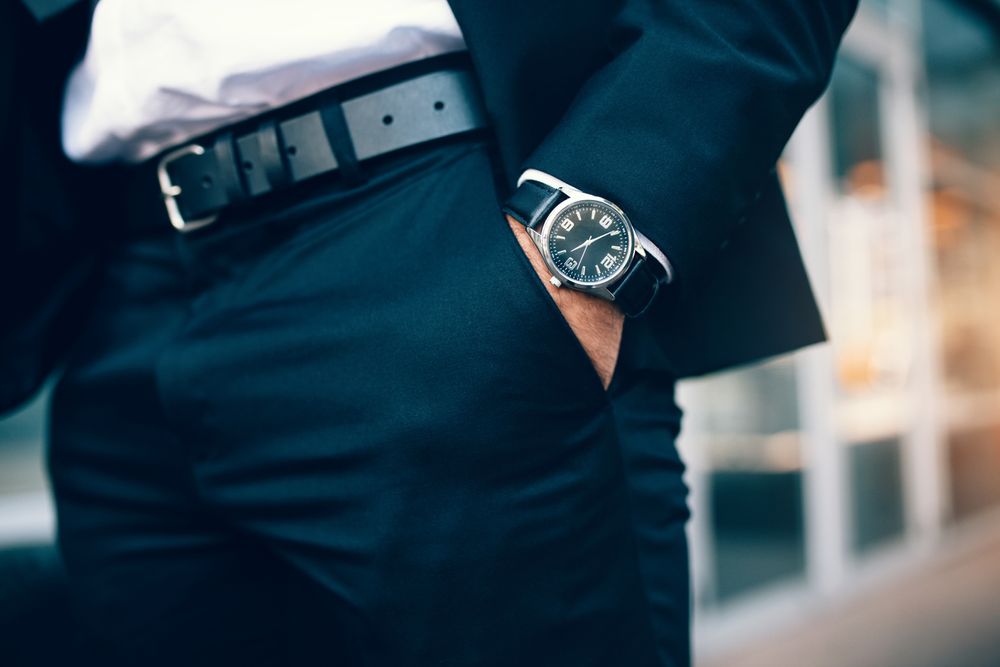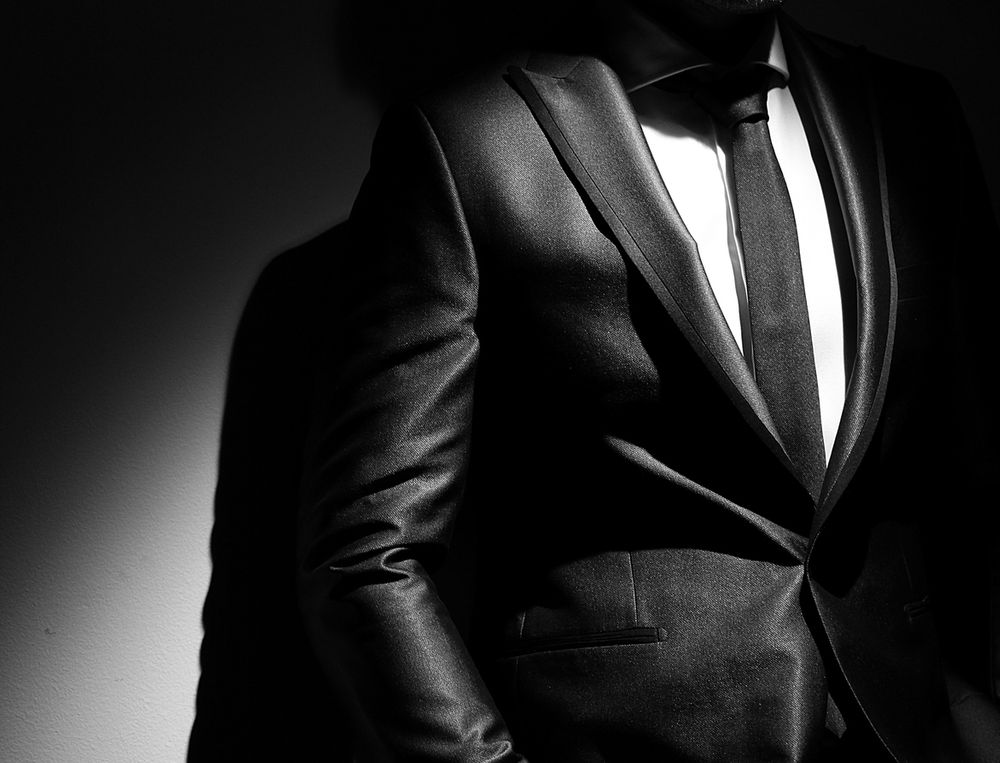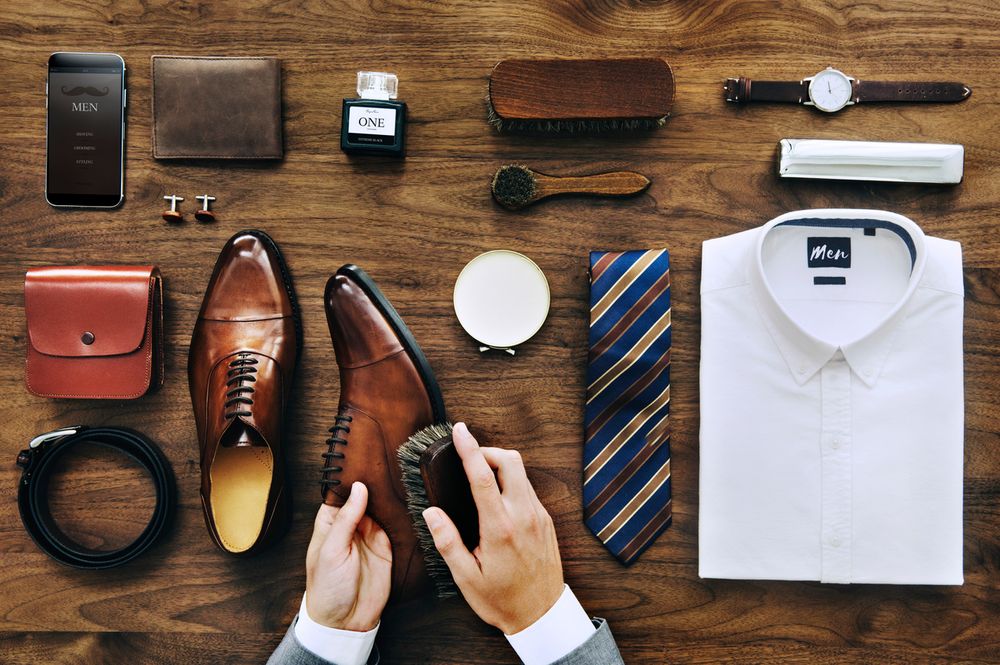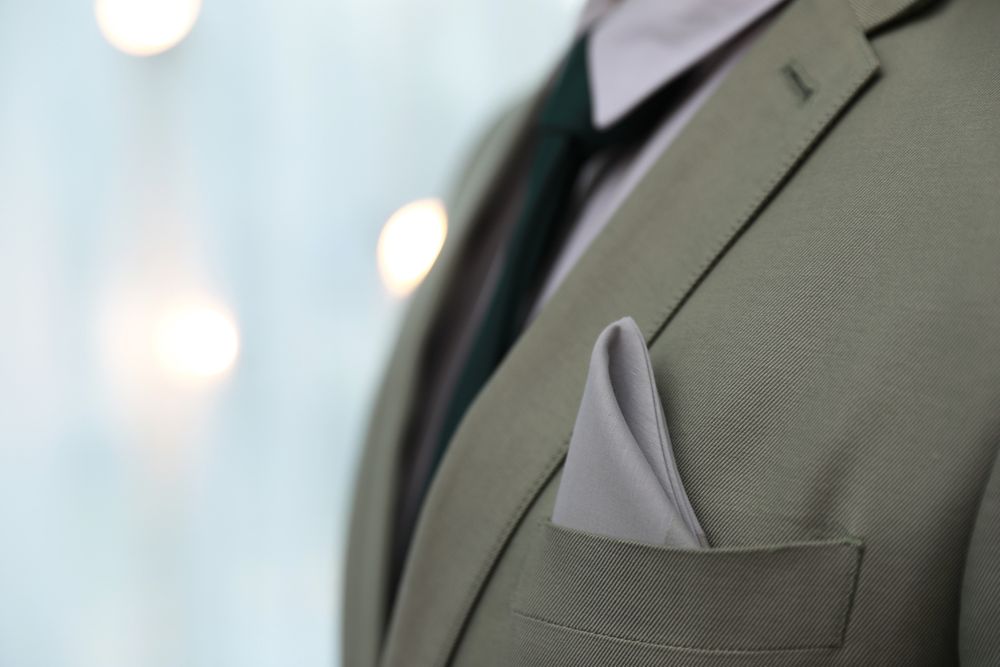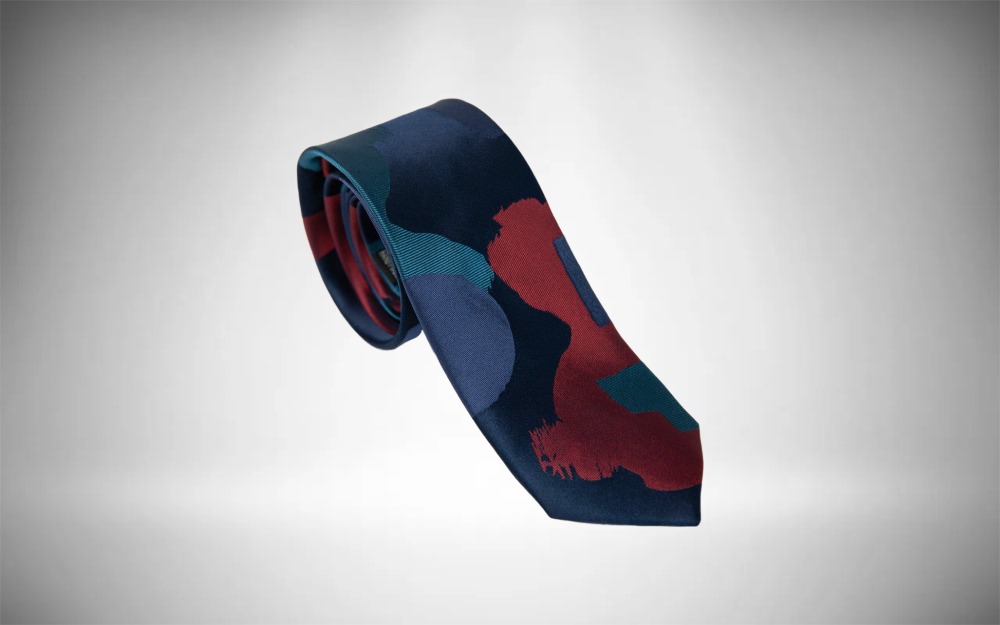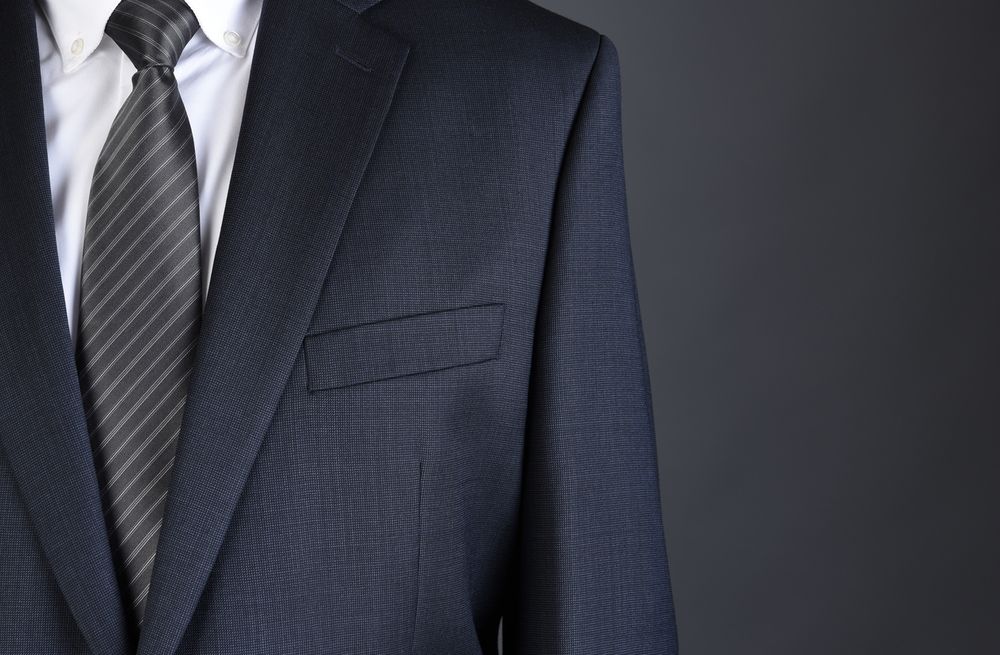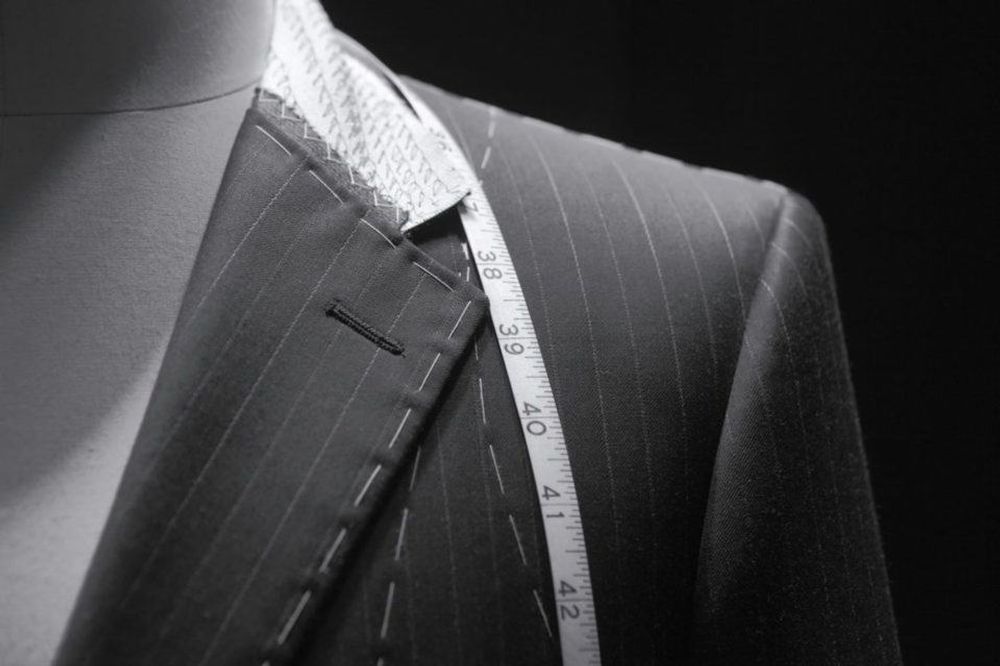Having a suit you don’t know how to wear properly is almost as bad as having no suit at all. Imagine if someone arrived on a construction site and they had tools but had no idea what any of them did. That person would quickly get shuffled to the bottom rung on the ladder if they were kept on the ladder at all. If you want to dress the part, then you need to understand the part you’re playing. Once you go down the suit-wearing route you will quickly learn there are a great many different suit styles and ways to wear a suit correctly. One suit jacket is not the same as another, and depending on the situation and the mood, very specific suits will be needed. It can be a long road to fully master the art of the suit. However, we’ve got you covered. The following 24 style tips will help you wear a suit with confidence straight off the bat.
These 24 Tips Show You How to Wear a Suit Right
The following tips cover the base points of suit etiquette and will help you understand why you’re buying or selecting certain items from your wardrobe. Once you are familiar with the rules, you can, of course, play around with bending them in the name of personal style and flair, however, for now, stick to these and you will never go wrong.
1. Tailor It
Fewer and fewer people go to a tailor these days, and it shows. Get the sleeves and pants hemmed by a professional, and let them guide you along. These are professionals who will make you look better than you ever have in your life. Find a good one, trust them, and they’ll take you far. If anything, having a tailor is more important than the quality of your suit. Of course, if you have the funds, an expensive suit will always look better. However, if funds a tight, save on the suit and splash on the tailor. They are wizards with fabric, and at the end of the day, nothing beats a tailored suit.
2. Check Your Shoulders
Fewer suits are coming outfitted with shoulder pads, but if you have a suit jacket with pads, then make sure they are at the end of your shoulders. Anything else and it makes you look too bulky and that ruins the aesthetic of the suit.
3. Match the Tie to the Lapel
Your tie and lapel should be about the same width. This is a simple faux pas, but an egregious one. When they are the same size, they look like they fit together. When one is too thin or the other too fat, the end result is like clashing colors: Out of place. Also, make sure your tie is the right length.
We Recommend a Percival Shoryu Tie for a Pop of Color
View in galleryShop Now For those times when you want to add an extra something to your suit, wear a patterned tie. The Percival Shoryu Tie is a fine example. The company created the Shoryu Tie out of 100% silk, suitable for being worn for casual or smart occasions. Percival wanted the Shoryu Tie to elevate all men’s suits with its abstract shapes and colors. Check Prices
4. Always Add a Square
The pocket square is a widely misunderstood part of any suit. Many say they should not be worn too frequently. However, that is an outdated concept. The modern suit-wearing man can use a square to great effect for almost any occasion. While it’s true you might not want to use one every time you don a dress shirt and suit jacket, the simple fact is, you could if you wanted. It is the perfect way to make a suit look more formal, or maybe bring a little festive or seasonal cheer. It can also be used to offset the lack of a tie for those more relaxed gatherings.
5. Easy on the Bling
Big cufflinks, a tie pin, a tie clip, a flashy pocket square, a loud tie, and a bold print are all great if you know what you’re doing. If you’re new to the suit game, master the basics so you can dazzle with fire and flash later on. Less is usually more in the suit world.
6. Don’t Buy Black
We’re not going to tell you to never, ever buy black, but too many people think it’s the answer to their suit conundrum. In truth, a gray suit is more versatile, easier to disguise, and works for more occasions. You’re not a Johnny Cash, there are plenty of different suit colors out that are better than black. A black suit has a time and a place. Learning when that is is an important step on your journey.
7. Better Have a Belt
The only excuse not to have a belt is if you wear suspenders. Otherwise, a suit looks incomplete. Also, that belt should match your shoes and any other accessories you have. A belt is functional, but it is also a key part of the suit aesthetic. Just make sure you stay away from those novelty belt buckles.
8. Go Double Vent
The double vented suit has a more modern look, works better with more body types, and is overall a sexier and more stylized choice than the single-vented suit. It’s a small feature, but changes the cut and hang of your suit so much, that it’s a failure to overlook it.
9. Button Only the Top
On your jacket, the top button – or top two in a three-button style – is the only one(s) you should be working with. Buttoning up the entire thing looks awkward and says you’re trying a little too hard. And never button the bottom button alone.
10. Unbutton Before Sitting
When you are new to the suit game, it’s easy to think you need to keep the same look going the whole day. However, there is a different way to wear a suit when sitting. If you’re heading into a long meeting you might be able to slip your jacket off, however, many will simply elect to unbutton it. In fact, if you keep your jacket on, you should always unbutton it completely. Not doing so is bad for the coat and bad for your look to be sitting with a buttoned suit jacket. Plus, you’re just asking to lose a button. Just remember to rebutton once you stand up.
11. Half Inch Cuff Display
This is an easy one but confuses more than a few people. Your shirt cuff should stick out about half an inch from your jacket cuff. If it’s any more or less than that, then something isn’t fitted right. Less, and you’ve outgrown your clothes. Don’t forget that your shirt cuff should end at your hands, not flowing over or showing any wrist.
12. Vests Add Formality
Vests are re-surging in popularity, and they’re a good accessory for those who want something a little different. They offer up greater formality, look more put-together, increase the warmth on cold days, and help make a suit without a tie look playful instead of sloppy.
13. Length Notes
Your tie should land at your belt, as should your vest or waistcoat. Your suit jacket should cover your zipper and your sweet buttocks. Your pants should land at the top of your shoes, or have a slight break. Socks should disappear into the pant leg, showing no skin. You’re not donning a pair of boat shoes for a day on the water.
14. Socks Count
Never underestimate the effect of a wild pair of socks. Just make sure they match and are long enough to never show any skin while you move or sit. You have the freedom to express yourself with your socks. The only hard and fast rule is no black or white socks.
15. Get An Undershirt
You can’t just throw on a white t-shirt and call it a vest. You need to get yourself a good quality undershirt. Remember, don’t have it slip up into the collar of your dress shirt. If you can see the collar when wearing a tie, you need a deeper V-neck or an A-style.
16. Cut It Apart
Suits come with strings that close the pockets, hold the vents closed, and have brand tags. All of these need to be cut apart or removed. This is one of those rites of passage moments for suit wearers. We’ve all made the mistake and on some level, we all need to make that mistake once in our lives.
17. Avoid Pleats
It’s an easy mistake to make thinking that you need to look like a sharp-dressed man with pleated suit trousers. However, pleats make you look heavier and shorter. We say stick to flat-front pants unless you’re playing the father in a 1950s sitcom.
18. Get Subtle Prints
Pinstripe suits are not the only choice. You should have more than just solid colors, but don’t immediately shoot for the stripes. Windowpane, houndstooth, and glen plaid are all fine, and they make you stand out without looking like you’re trying to shock and amaze.
19. Careful With The French Cuffs
French cuffs are a nice look, unless you go big and sloppy with them. They need to be extremely, almost imperceptibly subtle. If they wave and flop, you’re going too big.
20. Cover Your Collar
Your shirt collar should disappear under the lapels of your suit jacket, otherwise, it doesn’t look like an ensemble. Points and corners should be tucked away. This is one of those points that need to be paid attention to during the day. As you move around and go from meeting to meeting or schmooze potential clients, those collars could spring free. A quick check very now and then is all it will take to keep your look on point.
21. Beware Your Trousers
Outside of using a tailor, there’s not much you can do here. Get the right length of pants. Too long and they’re sloppy, too short and you look like you’re trying the skinny trend. This one really is about trying before you buy. While you’re unlikely to hit any growth spurts, sadly, not all trouser legs are created equal. This is also why nothing will ever replace shopping in physical stores, especially for clothes.
22. Know Your Shoe Colors
Black shoes can go with a black suit, and brown shoes can go with a brown suit, and only on rare occasions can you mix the two. However, for now, focus on a consistent color scheme. Once you get more confident with your suit-wearing skills, you can branch out into experimentation.
23. Keep the Knot Simple
When wearing a suit, you don’t want to get nutty with the knots. Go with a Windsor knot or a double-Windsor. Anything else is unprofessional. There are several other ways to tie a tie, however, none of them come close to achieving the timeless look of a good solid Windsor knot. Again, start with the basics, and only branch out once you have them truly dialled in.
24. Cover Your Tie
Your tie should never stick out from under your shirt collar, except where it’s supposed to. If it does, your tie is too big or your shirt is too small. There are a lot of ties out there, and it’s easy to get carried away with using them to express your character, and own your suit, however, never do so at the expense of this golden rule.
Conclusion
So there you have it, 24 actionable tips to help you look good in a suit. Focus on these and nail your suit wearing skills. Once you feel you’re the master of your wardrobe you can look into experimenting and building your own sense of style. Do you have any written or unwritten rules for how to wear a suit? If so, feel free to share them in a comment below!
